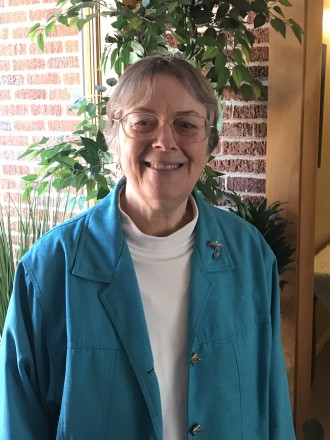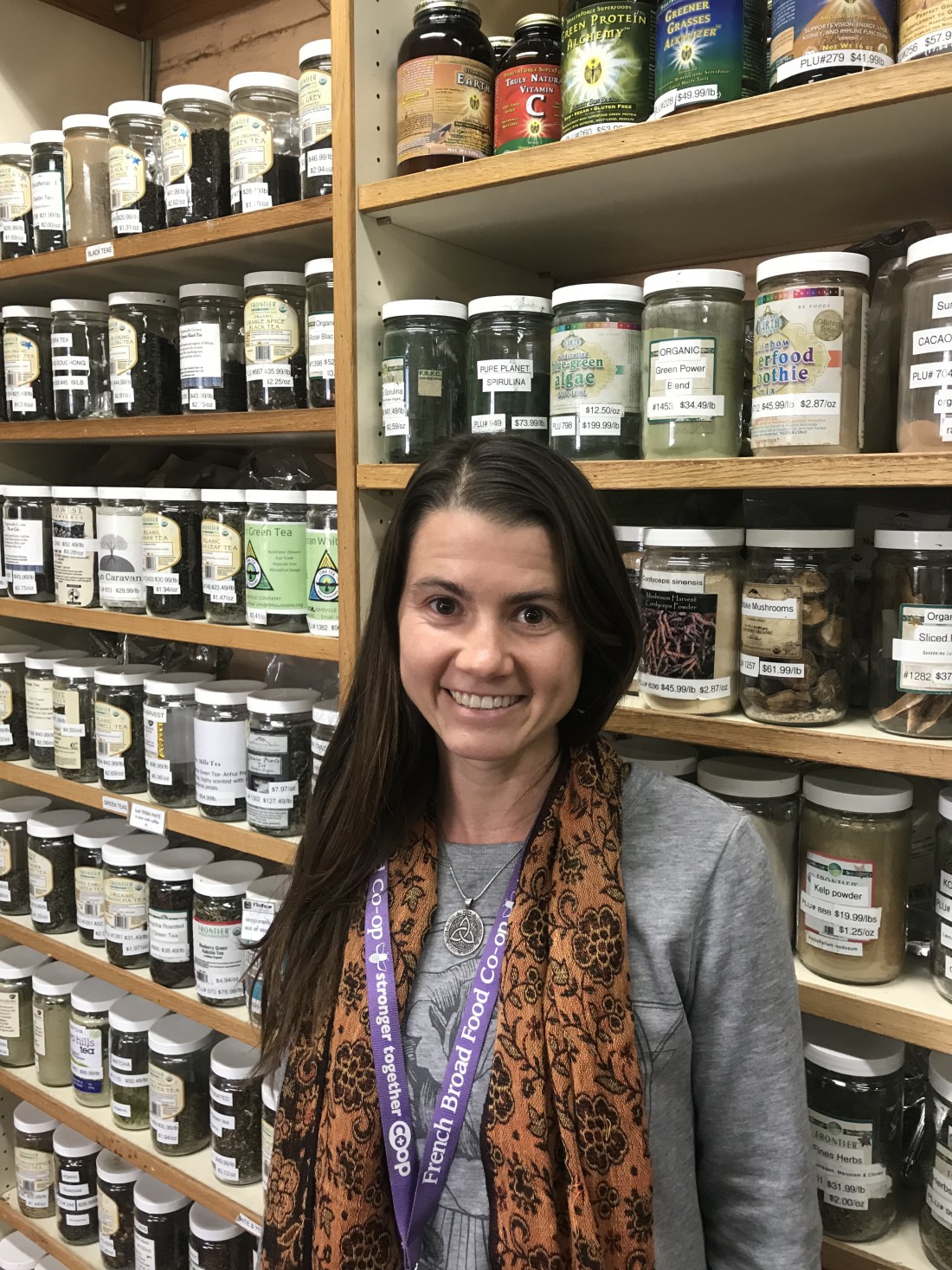You’ve probably seen the word “superfood” emblazoned on products in grocery stores or bursting from the cover of health magazines in the checkout line. But what exactly makes certain food super?
“Professionally, I think all food is super,” says Traci Malone, a registered dietitian in Asheville. “I don’t like to discriminate, but there are definitely foods that are more nutrient dense.”
Malone says there is no standard, clinical definition of a superfood, and it could mean different things to different people. But the most common concept of what makes some foods super is nutrient density. A superfood is “going to provide your standard carb, protein or fat as the main macronutrient, but also have good micronutrients [vitamins and minerals] and things like antioxidants and polyphenols,” says Malone.
Antioxidants are defined by the National Institutes of Health as “man-made or natural substances that may prevent or delay some types of cell damage.” Antioxidants are thought to help slow down oxidation in the body, which contributes to aging, according to Michael Greger of the nonprofit website NutritionFacts. Polyphenols are a type of phytonutrient, which are unique compounds found in plants that fight disease.
Dr. Elizabeth Pavka, an Asheville-based registered dietitian, says a quick way to find foods that might be rich in these important nutrients is to pick foods that are brightly colored. “And I’m not talking about green Jello,” she cautions. Fruits and vegetables derive their vibrant colors from certain antioxidants.

The key is to choose foods from each color group. “Each color group lends itself to its own unique phytonutrient makeup; each group has a slightly different role in fighting disease,” says Malone. The American Heart Association encourages people to “Eat the Rainbow,” by making sure to eat a fruit or vegetable from every color group each week.
Foods that wear capes
Ask three people which foods they consider to be superfoods, and you might get three different answers. That’s because lots of foods are rich in nutrients, and without a standard definition of superfood, it’s hard to know which to include. Walnuts, flax seeds and fatty fish like salmon top Malone’s list because they are rich in omega-3 fatty acids, which decrease inflammation and help fight disease. She also includes broccoli, blueberries, kale, sweet potatoes and spinach for their antioxidant power. Pavka counts seaweed, liver and bone broth made from pasture-raised animals and eggs from healthy chickens as examples of nutrient powerhouses.
Herbs and teas can also be potent superfoods, according to Stephanie Hein, herbalist at the French Broad Food Co-op in Asheville. Hein defines superfoods as plants that are “wild, straight from the earth” and which “nourish not only your body, but your mind.” She recommends sipping on green tea as well as incorporating superfood supplements into your diet. Her personal favorite is chaga, a mushroom rich in antioxidants that has been found to inhibit cancer progression in laboratory and animal studies, according to Memorial Sloan Kettering Cancer Center. Hein recommends brewing chaga into coffee or tea or adding it to soups.
Some products advertised as superfoods can come from far away and have large carbon footprints, such as goji and acai berries or quinoa. But superfoods can be found right here in Western North Carolina, says Hein. Some of her favorite local superfoods are blueberries, sweet potatoes and wild nettles.
Put it to the plate
If you’re looking to improve your health through diet, go ahead and add in some superfoods, Pavka says. “If people begin to eat superfoods on a regular basis (85 percent of the time), they will optimize their nutrition,” she says.
Just don’t forget to mix it up. “The foundation of my practice is based on carbohydrate, protein, fat, vitamin and mineral diversity,” says Malone. “Variety is key.”

Laurie Aker, spokesperson for Earth Fare supermarkets, says superfoods are about “getting optimal nutrition with minimal effort. It’s very easy to add a superfood to each meal, like broccoli or berries.”
But superfoods aren’t the only aspect of a healthy diet. Pavka recommends thinking in terms of “FLOSS”: fresh, local, organic, seasonal and sustainable. “This is just another way of describing the healthiest foods you can eat,” she says. Although buying organic is more expensive, Pavka views it as an investment in our future as a people and a planet.
Malone advises eating foods that are fresh and as minimally processed as possible. She also advocates putting fruits and vegetables front and center on the plate and incorporating them into most meals.
And don’t forget healthy fats, Malone says. “For decades there was fat-phobia, but it has shifted, which I’m glad about. It’s important to incorporate a wide variety of dietary fats, focusing mostly on unsaturated fat but leaving room for saturated fats,” she says.
Be wary of marketing
So is there a downside to relying on the term “superfood” to help guide your diet? There could be, says Malone, if the term is just used as a marketing tool. “At the end of the day, the terminology is being used to sell a product, and that can be misleading,” she says. “The assumption on the public’s part is that the information in marketing is true, and that if some is good, a lot must be better.” This can lead to overconsumption, says Malone, or even just wasting hard-earned dollars.
To add to the confusion about the label “superfood,” tests conducted on ingredients may show evidence of health benefits in the laboratory but not outside of it. “Just because a research study on cells in a petri dish or on lab rats shows X, doesn’t necessarily translate into the same process in the human body,” says Malone.
For instance, a study conducted at the University of Porto, Portugal, showed that blueberry extract slowed cell growth in breast cancer cells. Does that mean that if you have breast cancer and eat blueberries, then your cancer progression will slow? Not necessarily, says Malone. “The ingredients may be shown in the lab to slow tumor growth, and we assume that is the same in the human body, but we’re not absolutely sure that’s how it works. If eating blueberries does help prevent cancer, that’s great,” she says. But either way, blueberries are healthy — and delicious.
Information about nutrition can be confusing to the layperson, but superfoods may offer an easy and yummy way to incorporate more nutrients into your diet.




Before you comment
The comments section is here to provide a platform for civil dialogue on the issues we face together as a local community. Xpress is committed to offering this platform for all voices, but when the tone of the discussion gets nasty or strays off topic, we believe many people choose not to participate. Xpress editors are determined to moderate comments to ensure a constructive interchange is maintained. All comments judged not to be in keeping with the spirit of civil discourse will be removed and repeat violators will be banned. See here for our terms of service. Thank you for being part of this effort to promote respectful discussion.